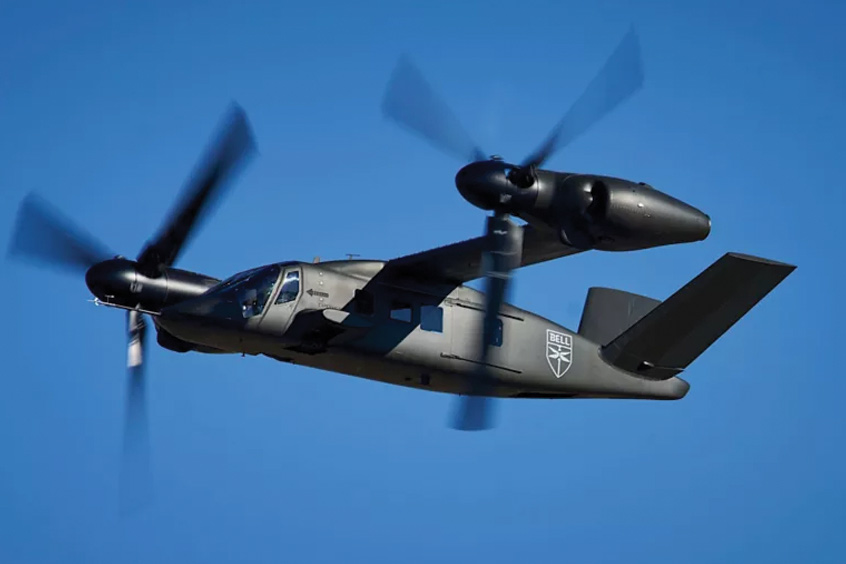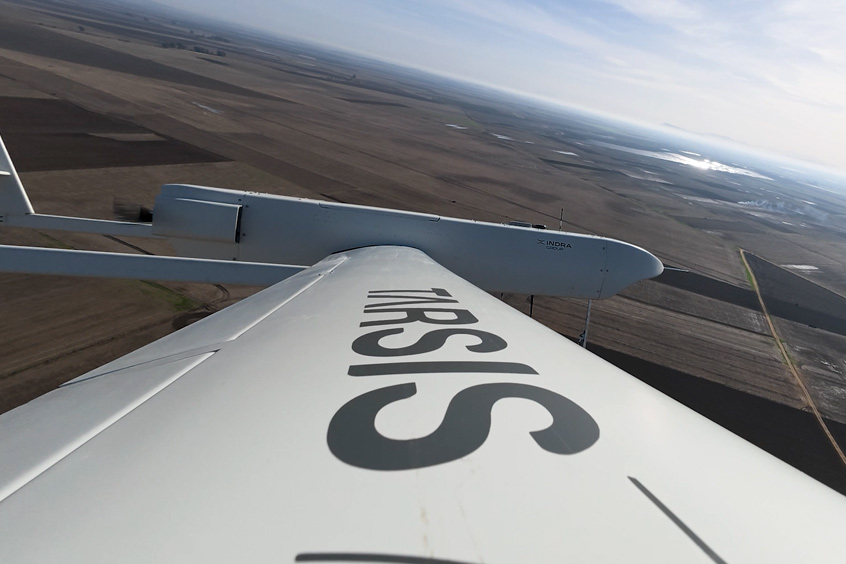MTU Aero Engines has completed multi-week testing of a liquid hydrogen fuel system for its Flying Fuel Cell (FFC).
“The tests show that the system architecture is safe, reliable, and works as expected, so we can ensure a regulated, need-based supply of preconditioned hydrogen to the fuel cell,” says Barnaby Law, FFC Chief Engineer at MTU in Munich. He is pleased about the successful campaign. By developing the FFC, Germany's leading engine manufacturer is steadily moving toward complete electrification of the powertrain.
Together with MT Aerospace AG, the engine specialist is developing a complete liquid-hydrogen fuel system for commercial aviation that consists of tanks, sensors, heat exchangers, valves, safety systems and controls. MT Aerospace is responsible for the liquid hydrogen tank and successfully tested the first system at its headquarters in Augsburg. Now MTU is following suit; these results are important and special because the tests were done with liquid hydrogen, which is the actual operating medium for the FFC. The tests performed in Augsburg had used liquid nitrogen, which is easier to handle because of its physical characteristics. Dr. Günther Schullerer, Director of Future Technologies, MT Aerospace, comments, “Now that we have fully confirmed the functionality, we can focus our shared skills on lightweight engineering, integration concepts, and optimised space utilisation.”
The basic principle: Hydrogen is transported and stored in liquid form at a temperature of about -250°C. The refrigerated LH2 needs to be heated during operation and changed to a gaseous state; then a defined mass flow is fed into the fuel cell. Law: “This concept, including all of the sensors and functions needed in the aircraft, is what we have now validated.” Dr. Claus Riegler, Senior Vice President Technology and Engineering Advanced Programs at MTU, sums it up: “This is an excellent starting point; it will let us offer an appropriate, reliable, and high-performing LH2 fuel system solution for a wide range of aircraft models.”
The company will test a product-specific full-system FFC beginning in 2026. The liquid hydrogen system will be one of its main components.
| Contact details from our directory: | |
| MTU Aero Engines | Additive Manufacturing, Blisks, Combustion Test Services, Compressors, Engine Parts, Final Assembly, Fuel Cells, Turbine Engine Blades, Turbine Engine Starters, Turbine Engine Vanes |
| MT Aerospace AG | Additive Manufacturing, Aircraft Structural Components, Ceramic Composite Structures, Composite Structures, Fuel Tanks & Systems, Metal Structures, Waste Water Systems, Water Systems |
| Related directory sectors: |
| Engine Components |
| Electrical Power Systems |
Weekly news by email:
See the latest Bulletin, and sign up free‑of‑charge for future editions.

Honeywell supplies LED landing search light for MV-75

Indra advances UAV collision avoidance with 360-degree detection trials

Northrop Grumman delivers 1,500th F-35 centre fuselage from Palmdale
Kratos expands in Birmingham with systems integration facility